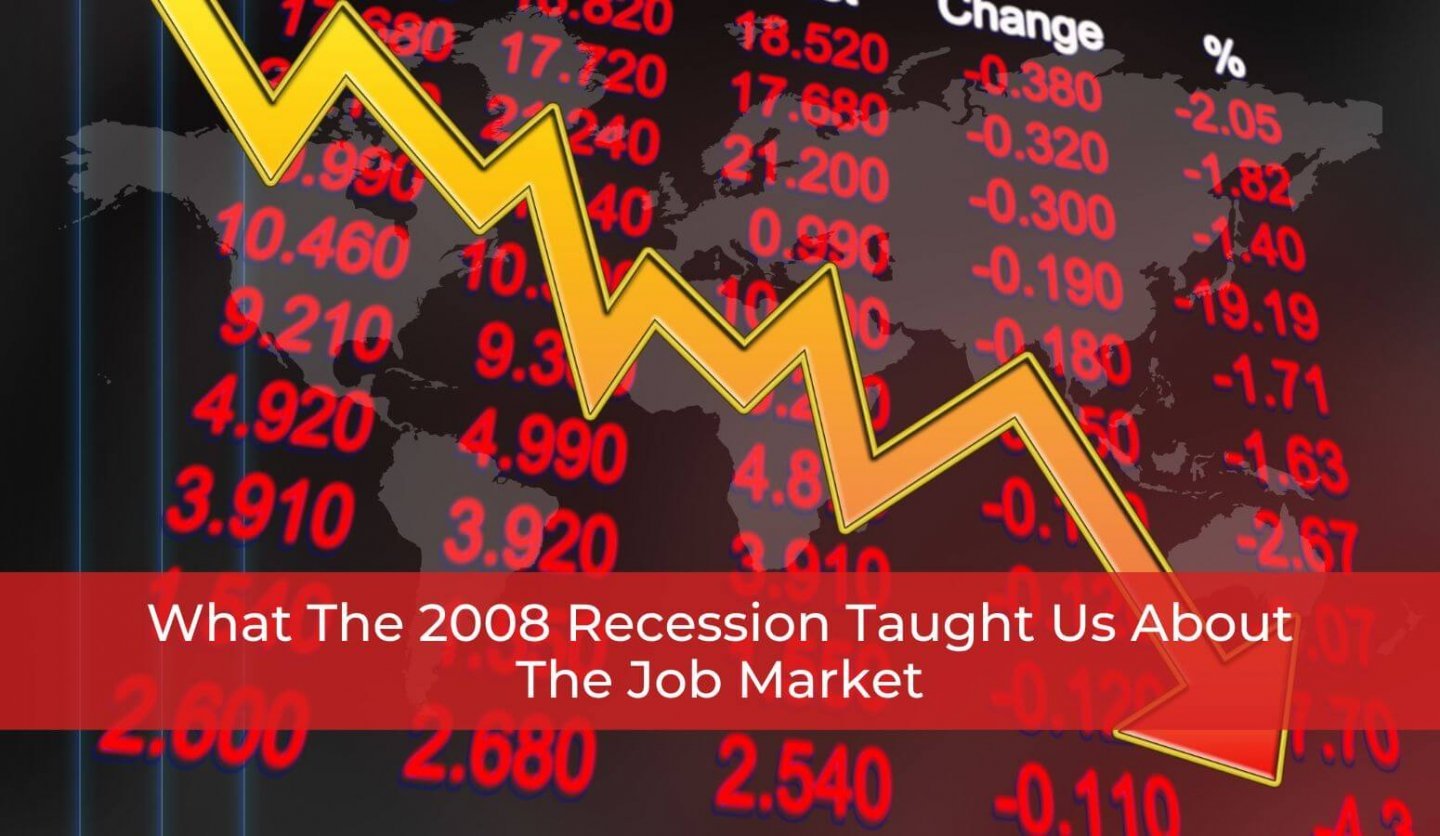
What The 2008 Recession Taught Us About The Job Market
Google Trends show that many Canadians have recently been Googling “recession”. As we see news reports of a potential recession in 2022-2023, many remember the 2008 recession (nicknamed the “Great Recession”), in which many lost their jobs and endured significant financial hardship. These fears of a recession are not unfounded: research from Oxford Economics shows that there is now a 40% chance that Canada will experience a recession over the next 12 months. Many wonder how dire the consequences of this recession will be for workers.
The 2008 recession caused a slow-down in both wage growth and career progression among those who graduated from post-secondary education at that time and in the following years, as graduates were forced to take jobs for which they were overqualified and/or endured periods of unemployment. Studies found that, between ages 30-34, those who graduated during the Great Recession were less likely than those who had graduated in the years prior to occupy either a management or a skilled position.
There are currently over 1 million students enrolled in Canadian universities. So, will the upcoming recession be as devastating as the one we experienced in 2008? The short answer is no. The Royal Bank of Canada, despite having predicted that interest rates will reach 3.25% by the end of 2022, expects fewer job losses in 2023 than in 2008 recession, with a predicted unemployment high of 6.6%. This is disappointing, as Canadians have just recovered from pandemic job losses, and unemployment is currently at a record low 5.1%.
Inflation is a vicious cycle: as prices for commodities increase, businesses pass those price hikes onto consumers, who then demand greater wages as the cost-of-living increases. The way in which most countries are choosing to curb the issue is by hiking interest rates, such that job vacancies dry up and workers either lose their jobs or are denied wage increases. Workers are having to adjust to rapid price and interest hikes. The hope is that once these measures stem inflation, their negative impacts (i.e. job losses) can be reversed.
Employees may seek advice on staying vs. quitting a job they don’t like or that has few opportunities for advancement and may wonder if there is an opportunity for them to obtain a severance package and a new position while the job market is still hot. Employers may wonder how they can leverage the upcoming recession to retain top talent. At Whitten & Lublin, we can help you explore your options. If you are looking for employment lawyers and would like more information about what Whitten & Lublin can do for you, please contact us online or by phone at (647) 946-1278 today.
Author: Carson Healey



